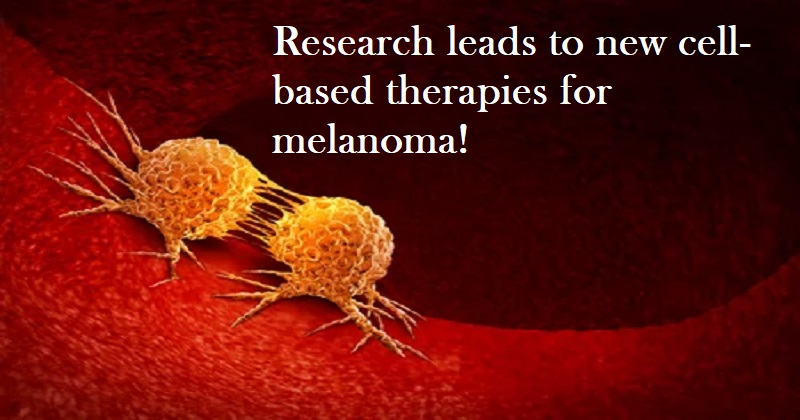
During a Phase 3 clinical study, researchers uncovered a novel therapy for advanced melanoma. They say that it is significantly more successful than the current leading treatment. According to the researchers at the Netherlands Cancer Institute, the new treatment employs a patient’s own immune cells to attack cancer, and its therapy is comparable to another form of treatment that has shown to be very effective for blood malignancies, known as CAR-T therapy.
CAR-T treatment involves harvesting T-cells from patients and modifying them in the lab to become cancer fighters. The patient is subsequently given the changed cells. Similarly, in the melanoma experiment, the researchers employed TIL treatment, which entails extracting a patient’s immune cells—tumour-infiltrating lymphocytes—from the tumour.
Instead of being modified in the lab like CAR-T treatment, these tumour cells are simply expanded to create billions of immune cells. These boosted immune cells are then put back into the patient’s bloodstream, where they attack the malignancy. ‘ We extend them from a million cells to several billion cells,’ Dr. John Haanen, a medical oncologist at the Netherlands Cancer Institute who led the latest clinical research, told NBC News.
The trial’s findings were presented on Saturday at the ESMO Congress 2022 conference in Paris. To test this idea, the researchers performed a random trial in which 168 patients with metastatic melanoma were randomly allocated to receive either TIL treatment or the current standard treatment, an immunotherapy medicine called ipilimumab. Ipilimumab is used in persons who have not responded to anti-PD-1 therapy as a first-line treatment. Notably, no one in the experiment had reacted to the medication.
After three years of observation, the researchers discovered that those receiving TIL treatment had a 50% reduction in disease progression and mortality compared to those receiving ipilimumab. TIL treatment caused 20% of tumours to vanish entirely, compared to 7% in the ipilimumab group. Researchers discovered that the median survival period of cancer patients who got TIL treatment was over two years, compared to slightly over 1.5 years on ipilimumab therapy.

Post Your Comments